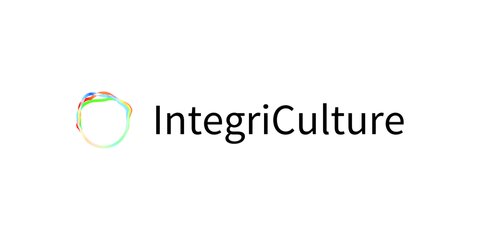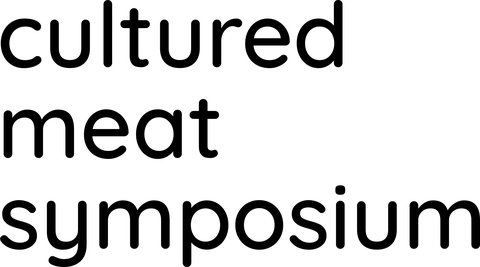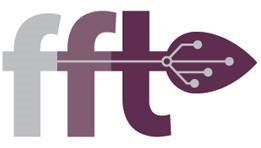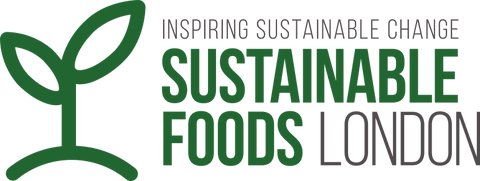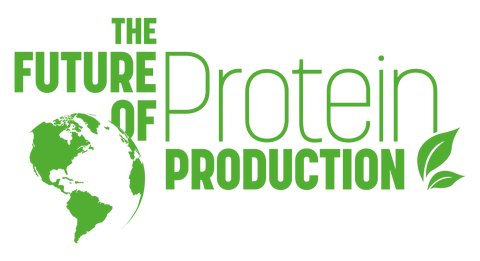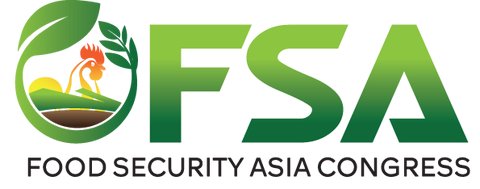Commercial launch of food grade basal medium, serum-free culture of chicken and duck liver-derived cells by CulNet
April 1, 2022 - 4 min read
Inexpensive food-grade serum-free basal medium
IntegriCulture Inc. performed the first successful cultivation of chicken and duck liver-derived cells in a serum-free basal medium by the CulNet system, which emulates natural inter-organ interactions.*1 We have successfully replaced all research-grade materials with food materials to achieve functional equivalence at a reduced cost. We became the first to implement a cell culture by serum-free basal medium that other cell-cultured meat producers around the world are also working on. The cost of cultivation using IntegriCulture’s basal medium (product name: I-MEM) and CulNet system has been estimated to be about 1/60 of media using animal serum. We are aiming to launch cell-cultured foie gras this year as our first line of cell-cultured meat products.
Animal serum is essential for traditional culture methods
Conventionally, basal medium supplemented with 5-20% animal serum is used to cultivate animal cells. Serum contains growth factors, albumin, and hundreds of other proteins, and these components are essential for cell proliferation. Without serum, the cells would be undernourished and unable to survive for a long time, let alone proliferate. However, animal serum is expensive and has ethical issues, so there is a worldwide competition to develop an alternative. It is said to cost US$3,000 (about 320,000 yen) to produce a 1 pound (about 450 g) chicken nugget using traditional serum-added media.*2
Production of serum components made possible by the CulNet™
The “CulNet system” developed by IntegriCulture uses inter-organ interactions to produce serum components and use them for cell cultivation. The system consists of a bioreactor for cultivating multiple “feeder cells” (feeder bioreactor) and a bioreactor for cultivating cells that will become the product (product bioreactor) (Figure 1).
Feeder cells are the cells that secrete suitable serum components for the cells in the product bioreactor. Multiple feeder bioreactors, each containing one type of organ cell, are connected together. All bioreactors are filled with basal medium containing basic nutrients such as sugars and amino acids, that circulates throughout. The main feature of the CulNet system is that the feeder bioreactor continuously supplies the serum components required for the target cell culture. Feeder cells “cultivate” each other, while producing the serum to proliferate cells in the product bioreactor. In our in-house evaluation, just changing the basal medium regularly in the CulNet system maintained mutual cell cultivation for over 130 days. The serum-like components secreted by the feeder cells include albumin, transferrin, and others according to our analysis. Another feature of the CulNet system is that the combination of organ cells in the feeder bioreactor changes the type of cells that can be proliferated in the product bioreactor. Through numerous screening experiments, IntegriCulture has discovered the optimal combination of organ cells to facilitate the efficient proliferation of chicken and duck liver-derived cells (patent pending).
The CulNet™ facilitates faster cell proliferation than using animal serum
We found that using CulNet’s serum-free medium produced by a certain combination of feeder cells led to faster proliferation of liver-derived cells than conventional medium containing 10% fetal bovine serum) (Figures 2 and 3). The cell doubling was 1.5 — 2.5 times faster, and thus concluded that the CulNet system can replace animal serum in proliferation of liver-derived cells. We expect increased commercial production efficiency and significantly reduced costs (Figure 3).
CulNet PIPELINE — contract research and development project
IntegriCulture is the first to implement cell culture by serum-free basal medium that cell-cultured meat producers around the world are working on. There is a wide range of potential industrial applications in cell cultivation such as cosmetics, leather, pharmaceuticals, and others. The applicability of CulNet system extends beyond poultry, including mammals, fish, crustaceans, insects, and so on. IntegriCulture aims to build a cellular agriculture platform encompassing hardware,media, materials, products and markets. We stay committed to our corporate mission of building a universally accessible cellular agriculture infrastructure by building a cellular agriculture value chain.
For PIPELINE inquiry, contact info@integriculture.com
*1: According to our own research on March 28, 2022.
*2: Source:
Tech Crunch
https://jp.techcrunch.com/2020/08/03/2020-08-02-future-fields-is-tackli…
accessed on 2022. 3.10.
*3: CulNet is a registered trademark of IntegriCulture Inc. in Japan.
Basal medium I-MEM Product Information
Product Name: I-MEM
Category: Powdered mix
Allergen: Soy
Quantity: Inquiry required
Shelf life: 1 year
Handling: Use immediately after opening
Commercialization of the basal medium is scheduled for this fall.
For I-MEM inquiry, contact imem@integriculture.com
Company Profile
Company name: IntegriCulture Inc.
CEO: Yuki Hanyu
Founded In: October 23, 2015
Registered Head Office: F7,4-1-3, Hongo,Bunkyo-ku,Tokyo, 113-0033,
Japan
Shinjuku Office: No.101,TWIns 3F,8-1,Kawada-cho,Shinjuku-ku,Tokyo,
162-8666, Japan
Shonan Office: BW1M-2130, 26-1, Muraoka-Higashi 2-chome. Fujisawa,
Kanagawa, 251-8555, Japan
Website: https://integriculture.com/en/
Business Domain: Research and development of animal-based cell cultured
ingredients, cosmetics and foods using the general-purpose
commercial-scale cell culture production system, CulNet System.
For media inquiries, contact pr@integriculture.com
